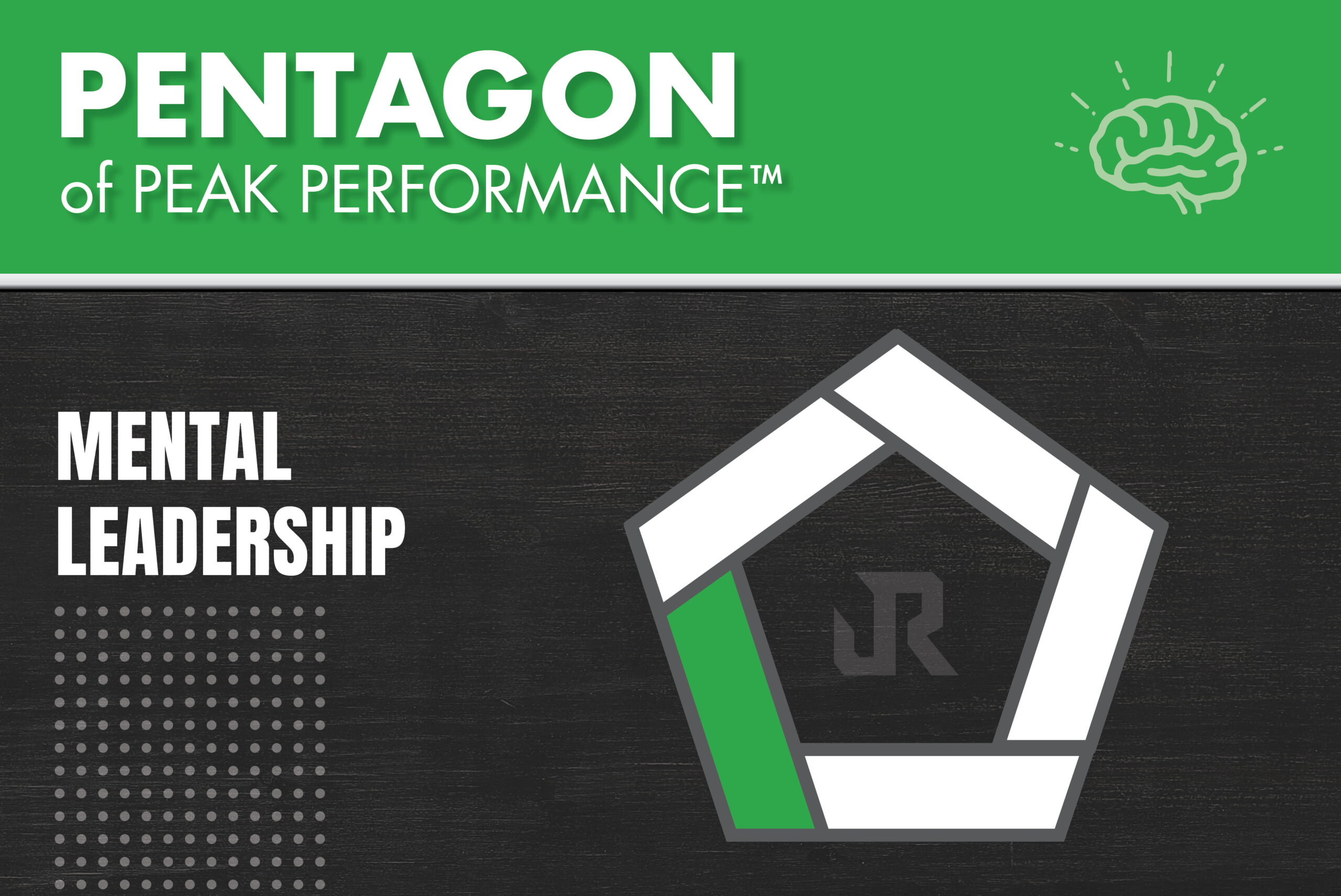Weighing in on "Balance"
Balance is an interesting concept.
As “absolute” as it sounds, in life, it’s not a perfect science. It’s not about allocating 20% of your focus here, 20% of it there, 20% to this, 20% to that, and the last perfectly proportioned 20% to the other and then, Poof!, you’re locked in for life. That’s unrealistic; life doesn’t work that way.
Life’s messy with its natural flux of demands and desires, strategies and surprises, weights and counterweights. Circumstances weigh in; priorities shift; scales tip and oscillate. In fact, if “balance” were an absolute, we would have no need for the word — we’d call it “permanently stuck in place, like it or not.”
Fortunately, balance is more forgiving, more “buoyant,” more workable, in nature. It has to be, or it’s pointless — even potentially dangerous.
For instance, in a gunfight, suddenly I’m not worried about some mundane or irrelevant activity behind me. I’m concerned with the gravity of the current situation; I’m concerned with the people shooting at me! That’s heavy! That’s obviously the most important thing to address in the moment. That’s an urgent situation which requires my undivided attention, 100% of my focus, to mitigate if I am to survive to experience anything else in life for another day.
Got it! I’m on it! You had me at Bang!
A situation like that requires a temporary imbalance of attention — a physical and mental focus so intense that it’s impermeable, so powerful that it renders me practically invincible, and so ingrained that it’s automatic. So it’s a good thing that I’m universally strong and balanced, enough to be “ready for anything.” (That’s the power of leveraging balance.)
But once that pressing weight has lifted, it no longer requires or deserves my total focus. Such is life. So when I talk about balance in life, I’m referring to an ongoing conscious and active investment in strength and readiness across a broad enough base to keep me stable, grounded and positive through all the ups, downs and summersaults of life. I build this stability by a continuous, reasonably equal distribution of focus and attention within all areas of what I refer to as the Pentagon of Peak Performance.
In Part One of this series I introduce the Pentagon of Peak Performance. In Part Two, on the importance of Physical Leadership (article linked below), I expand on it. In short, the Pentagon pertains to the five areas of life which I believe are most foundational and essential in support of our success in leading ourselves (and others) through everything we do with strength, preparedness, resiliency and personal reward. I treat them as top priority:
- Physical Leadership
- Mental Leadership (the subject of this article)
- Emotional Leadership
- Social Leadership
- Spiritual Leadership
Put simply, strength and balance within the Pentagon enables you to fully embrace and optimize the joys of life while building the leverage you’ll need when crisis calls for your strength and resiliency in one area to rise to the occasion and pair with or temporarily outweigh others.
As mentioned earlier, my gunfight scenario required an immediate, intense takeover by both my physical and mental leadership and strength. (By the way, Physical Leadership includes physical defense. I wrote a separate article on that, titled “Physical Defense: Your Right, Your Responsibility.”)
In fact, key to my survival through every ambush I’ve ever endured has been the “Overcome Mindset” that I’ve cultivated within the realm of Mental Leadership.
The Power of Mental Leadership: Build It, Fuel It, Leverage It for Life
Mental Leadership is all about mindset. It’s about upgrading your perspective regarding personal power and running with it.
The Overcome Mindset is a great example of excellence in Mental Leadership because on our best days and our toughest, life is about many things — including, sometimes, tackling adversity. It may not be “easy,” it may not always seem possible, it may even be hard just to face it, but the good news is that if we are willing to drive through it, adversity can shape us for the better.
Building an Overcome Mindset requires relentless commitment to cultivating the courage, resilience, tenacity and positive attitude it takes to face, tackle and overcome anything — even the inevitable “life ambushes” — and being positively determined to find solutions and accomplish your objectives no matter what. Because success doesn’t happen by chance.
Full-circle moment: Success is a result of strong Mental Leadership.
How we perceive and manage any situation has everything to do with mindset.
Even in the absence of crisis, effective leadership takes a lot of mental energy. The demands of leadership can be relentless. The pursuit of personal or professional improvement never ends. No leader is effective who is not constantly striving to grow both intellectually and attitudinally to increase his or her effectiveness in good decision-making, collaborations, innovation, productivity, understanding themselves and others, and more.
Great leaders are highly effective because they’re always flexing their mental muscles. They’re thinkers and doers with big, roomy, ever-expanding “comfort zones.” That doesn’t mean that they’re always comfortable with and never intimidated by new ideas or initiatives; it simply means that they’re intrepid. They also understand that they can’t possibly experience everything first-hand in a single lifetime, so they seek to gain knowledge, wisdom and intellectual perspective from others through reading, listening, courses, mentors and other sources of ongoing education.
Now a question for you …
Are you flexing your mental muscles?
On a scale of 1 – 10, how would you rate your level of Mental Leadership?
What would the best possible mentally strong and equipped version of yourself look like? And what’s keeping you from becoming that?
What are you focusing on?
What are you doing to challenge, strengthen and lead yourself mentally?
What are you reading?
What thoughts are you entertaining?
How are you educating yourself?
Are you pushing yourself outside your own intellectual and attitudinal comfort zones?
Strategize:
List one thing you can do this week to pursue learning and increase knowledge:
List one thing you can do this week to get out of your comfort zone:
List one thing you can do this week to improve your structure/self-discipline:
List one thing you can do this week to broaden your experience:
List one thing you can do this week that has a chance of failure but you’re willing to take that chance for the sake of what you may experience and learn to stretch your skills and broaden your mind:
Apply and execute:
See that list you just created?
Go act on it.
If you’re acting on building your Mental Leadership, I’d love to hear what you’re doing and how you’re progressing. Feel free to tell me in the comments area below (once you submit your comment, it may take up to two business days to appear publicly).
Whatever it is you do in life, aspire to do it with thoughtfulness, knowledge, wisdom, courage and appropriate action as you gain privileges and opportunities to lead yourself and others to success and satisfaction.
The better shape you’re in within the Pentagon of Peak Performance, the better you’ll be able to handle the nuances of everyday life, from the rewards of good relationships to the challenges and gratification of personal/professional growth, to the obstacles and adversities of leadership and life ambushes.
Next stop: Emotional Leadership
Until then …
“Lead always and Overcome all,”
Jason Redman
Since retiring in 2013 from my 21-year U.S. Navy SEAL career, I’ve made it my mission to transfer my military leadership training, experience and skills to helping individuals and organizations to lead and launch themselves and their teams to elite performance. I accomplish this through an array of speaking topics, courses, books and coaching programs I’ve developed based largely upon proven SEAL and special-operations mission-centric and leadership techniques.
How can I be of service to you or your organization?
For information about my speaking offerings, visit www.jasonredman.com
Nearly all the topics covered in this series are also currently or soon-to-be available in an array of coaching programs, online courses and books, including bestsellers “The Trident: The Forging and Reforging of a Navy SEAL Leader,” “Overcome: Crush Adversity With the Leadership Techniques of America’s Toughest Warriors” and new Pointman Planner. Visit: www.getoffx.com



